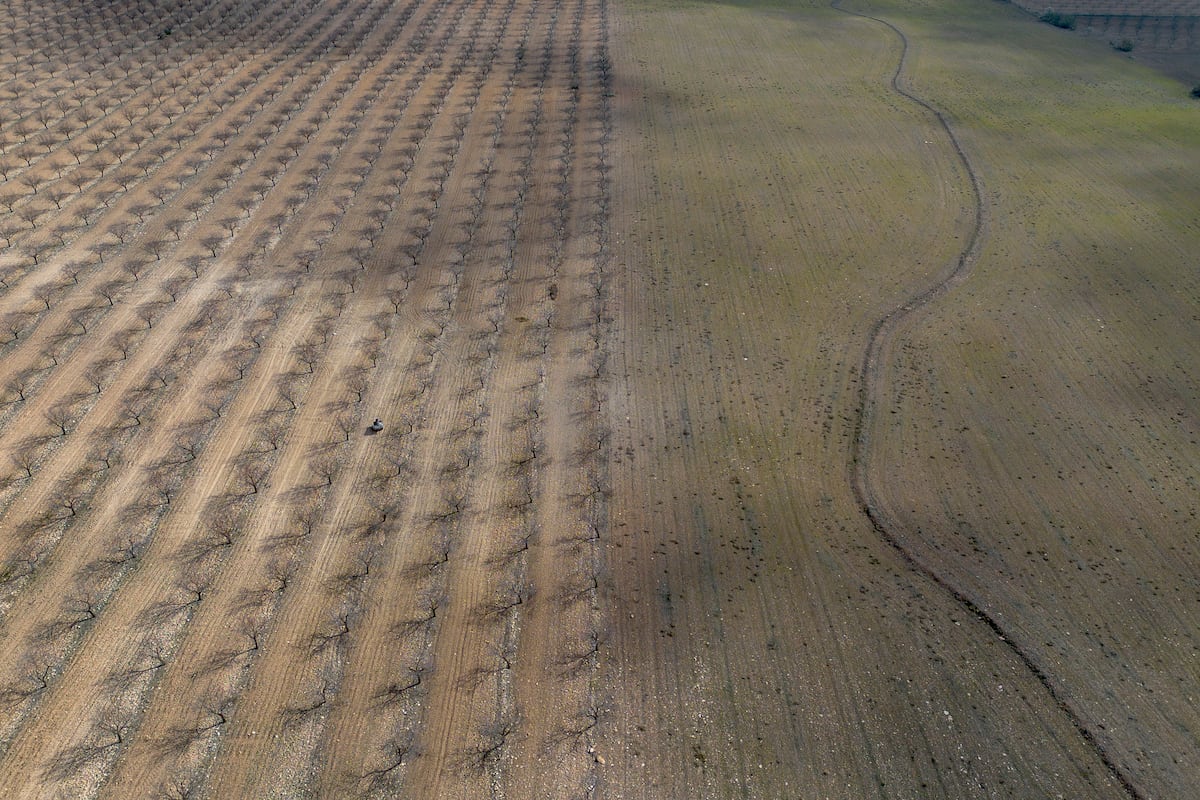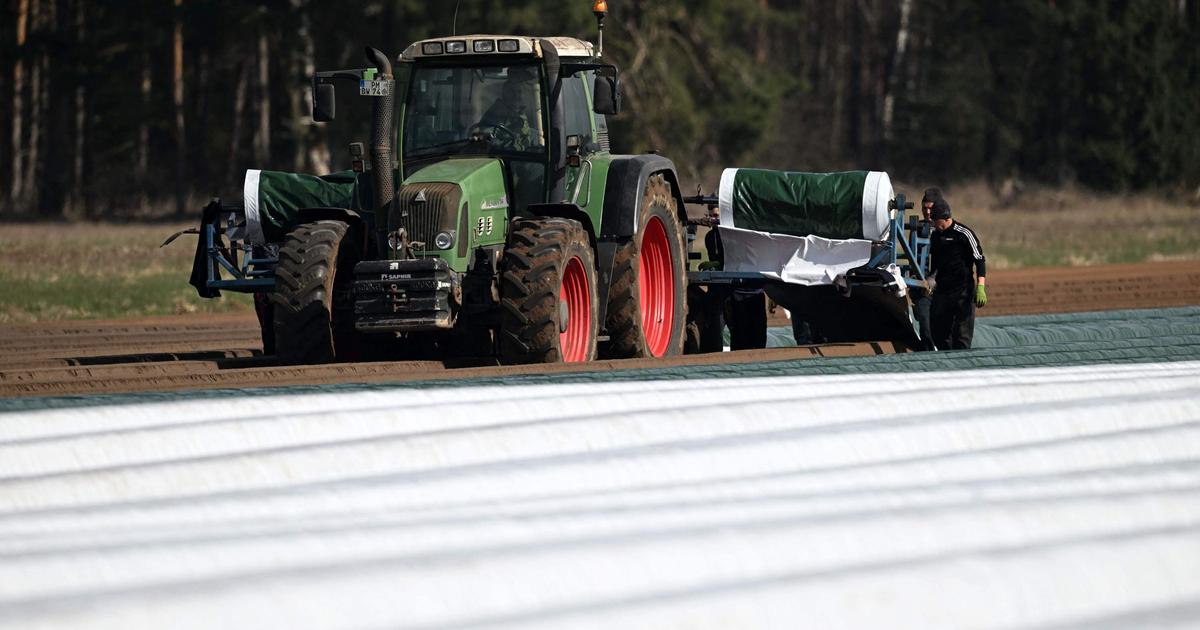Members of the Mexican army burn poppy fields in the state of Chihuahua.picture alliance / GETTY IMAGES
The Mexican Ministry of National Defense has added 1,225 destroyed hectares of poppy crops in just one month.
In total, 2,748 hectares of fields of this flower necessary to manufacture opium gum have been swept so far this year, 12 times more than the intervened extensions of marijuana fields.
Farmers who depend on poppies to survive in the most marginalized regions of the country - especially in the states of Sinaloa and Guerrero - have protested and tried to prevent the Army from devastating their fields at the height of the season, but it has been in vain.
Mexico is one of the countries where this flower is most produced, the price of which has plummeted in recent years due to the rise of fentanyl.
Luis Cresencio Sandoval González, the Secretary of National Defense, reported this Monday that federal forces in the plan to fight drug trafficking have eradicated entire fields of marijuana and poppy plantations.
“In marijuana so far this month, 92 hectares have been eradicated, making a total of 221 hectares eradicated for the year.
In poppy, 1,225 hectares eradicated, almost the same amount we had in previous months ”, he detailed in a press conference.
The results of the eradication operations have occurred mainly in Guerrero and Sinaloa, where there is a special command in Badiraguato to detect and destroy these crops.
For a year now, farmers who depend on these crops for a living have protested to ask the government for alternatives to their way of life.
On March 16, the Peasant Association of the North and Northeast of Antioquia and the National Coordinator of Coca, Poppy and Marijuana Growers (Coccam) denounced in a statement intimidation and forced eradication by the Army in several communities.
Specifically, the association pointed out "the arbitrary entry of the personnel of the state armed wing" to "violate human rights, authorizing manual forced eradication operations that confront the communities with the armed person."
Just 11 days later, 200 Guerrero farmers confronted soldiers who were destroying 50 hectares of poppy crops and demanded that they be included in the government's Sembrando Vida program, an initiative that seeks to replace illicit crops.
The economic crisis resulting from the coronavirus crisis and the fall in the price of opium gum has pushed farmers to organize and replicate the protests in other states to prevent their fields from being destroyed further.
The University College of London researcher, Nathaniel Morris, points out that, although the Army sees an achievement in eradicating so many hectares of poppies, for the peasant community in the marginalized mountainous areas of Mexico it is a tragedy.
"Losing these crops at the hands of the soldiers means that they have also lost great investments of time, the work of the whole family, and the little money they have and that they surely spent on compost, irrigation and pesticides," he details. .
"In many cases, the same regions where they have eradicated so much poppies are refuges for the last indigenous peasants who really want to continue being indigenous peasants, and who see no other way to continue living like this in contemporary Mexico," he adds, since the The cultivation of corn, beans and squash only serves to guarantee their subsistence and the poppy leaves an income, although it is less and less.
López Obrador has repeatedly expressed his willingness to amnesty young people imprisoned for trafficking in poppies or who served as a labor force for organized crime to escape poverty.
Also the Secretary of the Interior, Olga Sánchez Cordero, has positioned herself in favor of the legalization of drugs such as poppy and marijuana with the aim of reducing deaths in the Sierra de Guerrero.
Despite the fact that the former has managed to come to fruition in the Chamber of Deputies with its regularization, the poppy continues to be an illicit crop.
Morris points out that the destruction of fields can lead farmers to abandon their homes and seek work in large cities or in the United States.
“Who knows if they will be able to return to the mountains where they were born, where their great-grandparents were born?
And those who do return, if they are going to return still being able to speak indigenous languages, wanting to continue practicing the customs of their peoples? ”He asks.
In total, it is estimated that there are 59 municipalities that depend on poppies throughout Mexico, according to specialists from the Noria Program for Mexico in alliance with Mexico United against Crime (MUCD) and the Center for Mexico-United States Studies.
Subscribe here
to the
newsletter
of EL PAÍS México and receive all the informative keys of the current situation of this country



/cloudfront-eu-central-1.images.arcpublishing.com/prisa/VU7S6EWZZVMMDGHINQUMAFJHCE.jpg)




